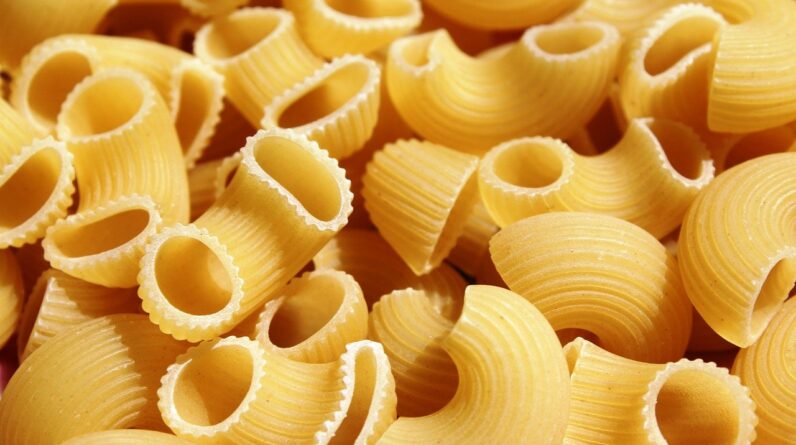
Is there a connection between what we eat and the health of our teeth?
Importance of Nutrition for Oral Health
Nutrition plays a vital role in maintaining good oral health. The food and drinks we consume have a direct impact on the health of our teeth and gums. By paying attention to our diet, we can prevent various oral health issues and maintain a healthy smile.
The Impact of Diet on Oral Health
Our daily dietary choices can either benefit or harm our oral health. Foods and beverages high in sugar, acids, and carbohydrates can contribute to tooth decay, gum disease, and other oral health problems. On the other hand, a diet rich in essential nutrients such as calcium, vitamin C, and antioxidants can help strengthen the teeth, gums, and overall oral health.
Essential Nutrients for Oral Health
Certain nutrients play a key role in promoting good oral health. Including these nutrients in our diet can help prevent tooth decay, gum disease, and other oral health issues.
Calcium
Calcium is essential for building strong teeth and bones. It helps protect the enamel, the outer layer of the teeth, and prevent cavities. Foods rich in calcium include dairy products, leafy greens, almonds, and fortified foods.
Vitamin C
Vitamin C is crucial for gum health. It helps prevent gum disease, promote healing, and maintain healthy collagen in the gums. Citrus fruits, strawberries, bell peppers, and spinach are excellent sources of vitamin C.
Vitamin D
Vitamin D is necessary for the absorption of calcium and phosphorus, which are essential for strong teeth and bones. It also has anti-inflammatory properties that can benefit oral health. Sunlight, fatty fish, egg yolks, and fortified foods are good sources of vitamin D.
Antioxidants
Antioxidants such as vitamin E and beta-carotene help reduce inflammation and protect the gums from damage. They also support overall oral health by fighting harmful bacteria. Nuts, seeds, fruits, and vegetables are rich in antioxidants.

This image is property of pixabay.com.
Foods to Avoid for Oral Health
Certain foods and beverages should be consumed in moderation or avoided altogether to maintain good oral health. These include:
Sugary Foods and Beverages
Foods and drinks high in sugar can lead to tooth decay and cavities. Bacteria in the mouth feed on sugar and produce acids that weaken the enamel. Limiting sugary snacks, candies, sodas, and desserts can help prevent oral health issues.
Acidic Foods and Beverages
Acidic foods and drinks can erode the enamel and make the teeth more susceptible to decay. Citrus fruits, vinegar, and carbonated beverages can wear down the enamel over time. Rinsing with water after consuming acidic foods can help neutralize the acids.
Starchy Foods
Starchy foods such as chips, crackers, and bread can get stuck in the crevices of the teeth and feed harmful bacteria. This can lead to plaque buildup, cavities, and gum disease. Opt for whole grains and limit starchy snacks to protect your oral health.
Hydration and Oral Health
Drinking an adequate amount of water is essential for maintaining good oral health. Water helps wash away food particles, bacteria, and acids that can contribute to tooth decay and gum disease. It also helps keep the mouth hydrated and supports saliva production, which neutralizes acids and protects the teeth.
Optimal Water Intake
Staying hydrated throughout the day is important for oral health. Aim to drink at least eight glasses of water daily to keep your mouth moist and prevent dry mouth. Drinking water after meals can also help rinse away food debris and prevent bacterial growth.

This image is property of pixabay.com.
Creating a Balanced Diet for Oral Health
To promote good oral health, it’s important to create a balanced diet that includes a variety of nutrients. Here are some tips to help you maintain a healthy diet for your teeth and gums:
Include a Variety of Foods
Eating a diverse range of foods ensures that you get all the essential nutrients for oral health. Include fruits, vegetables, whole grains, lean proteins, and dairy products in your diet to support your teeth and gums.
Limit Sugary and Acidic Foods
Reduce your intake of sugary snacks, candies, sodas, and acidic foods to protect your teeth from decay and erosion. Opt for healthier alternatives such as fresh fruits, nuts, and dairy products to satisfy your cravings without harming your oral health.
Practice Good Oral Hygiene
In addition to a healthy diet, practicing good oral hygiene is essential for maintaining optimal oral health. Brushing twice a day, flossing daily, and scheduling regular dental check-ups can help prevent tooth decay, gum disease, and other oral health problems.
Conclusion
The relationship between nutrition and oral health is undeniable. By making conscious choices about what we eat and drink, we can support our oral health and maintain a healthy smile. Including essential nutrients in our diet, avoiding harmful foods, staying hydrated, and practicing good oral hygiene are all key steps in promoting good oral health. By adopting healthy eating habits and prioritizing our oral health, we can prevent oral health issues and enjoy a beautiful smile for years to come.

This image is property of pixabay.com.






